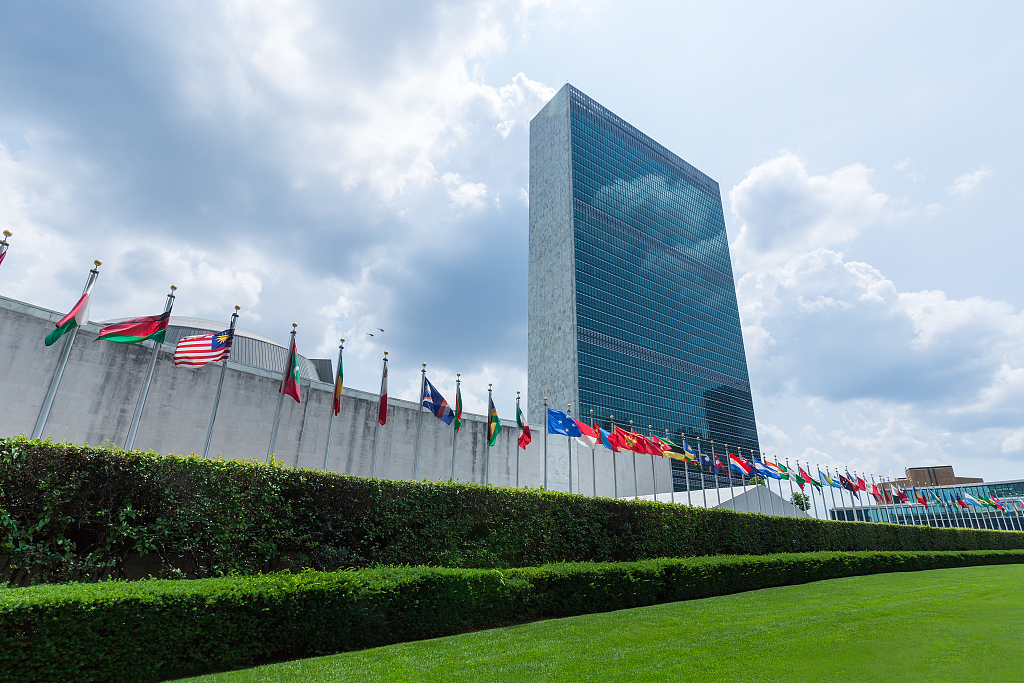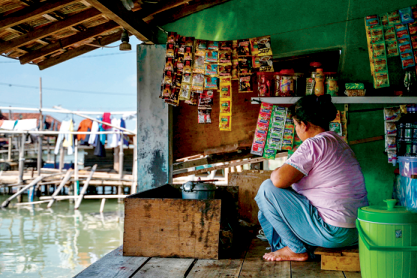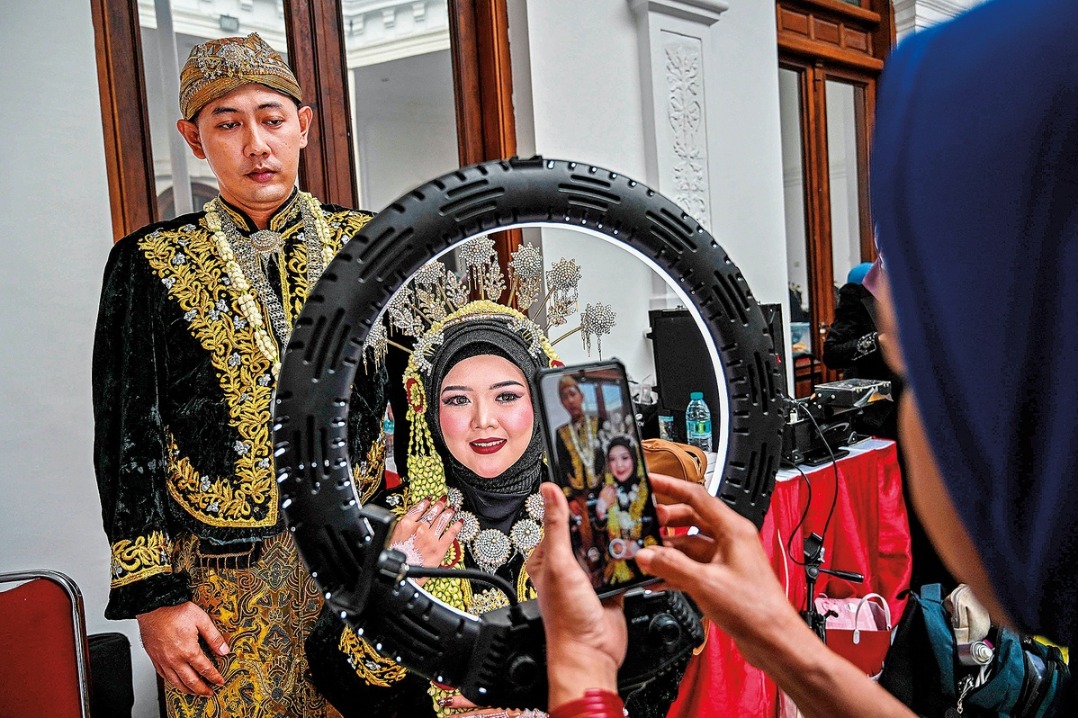UN funding to help boost Africa's land restoration


A total of 5 million hectares of land in Africa will be restored in the next seven years through the Regreening Africa initiative with support from the United Nations.
This follows recognition of the initiative by the UN as one of the best examples of ongoing, large-scale and long-term ecosystem restoration popularly known as the UN World Restoration Flagships. This makes the initiative eligible for technical and financial UN support.
The ambitious quest, which is expected to boost biodiversity and support local communities, will be achieved through a community-centered and research-based agroforestry and sustainable land management approach.
Desertification affects around 45 percent of Africa's land, with 55 percent of this area at "high" or "very high" risk of further degradation, the UNEP said.
In its first phase, between 2017 and 2023, the initiative engaged more than 600,000 households and put over 350,000 hectares under restoration in Ethiopia, Ghana, Kenya, Mali, Niger, Rwanda, Senegal and Somalia.
Its approach was based on proven agroforestry techniques that were adapted to suit the needs of farmers under varying socioecological contexts.
Restoration practices included tree growing through planting and grafting and farmer-managed natural regeneration combined with water conservation, as well as policy and value chain interventions.
This range of options ensured that the restoration suited local conditions and needs, rather than taking a "one size fits all" approach.
"Restoration is absolutely foundational to addressing the interlinked crises we currently confront as a global community. Celebrating achievements to date, and supporting initiatives to further scale what works, is key to enabling the kind of action that's needed to make meaningful impact," Eliane Ubalijoro, chief executive officer of Center for International Forestry Research and World Agroforestry, which leads the program, said.
Ubalijoro said restoring land, bringing back trees, shrubs and grasses, building and conserving soils and water are critical to improving ecosystem function and supporting livelihoods and food security.
Inger Andersen, executive director of the UN Environment Programme, said over half of productive lands in Africa are degraded, with climate change exacerbating the challenge.
Mieke Bourne, scientist at the Center for International Forestry Research and World Agroforestry and former Regreening Africa program manager, said the initiative is significant because it brings together community, research, development partners, government and private sector to collaborate, work together and learn from one another.
































